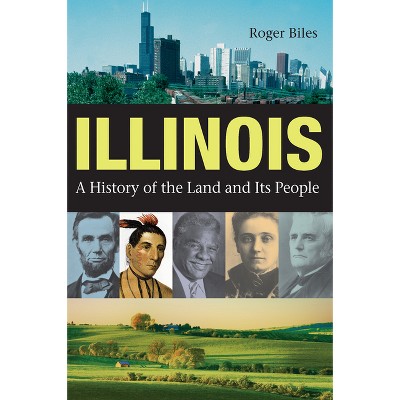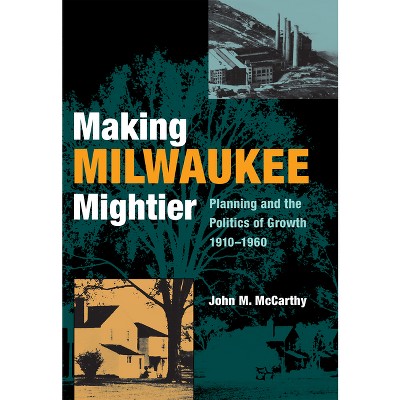The Irony of State Intervention - by Helga Gerber (Hardcover)

About this item
Highlights
- Embracing individualism and antistatism, the United States traditionally has favored a limited role for government.
- About the Author: Larry G. Gerber is Professor of History at Auburn University.
- 220 Pages
- Political Science, Labor & Industrial Relations
Description
About the Book
Embracing individualism and antistatism, the United States traditionally has favored a limited role for government. Yet state intervention both against and on behalf of labor has a long history, culminating in the labor law reforms of the New Deal. How do we account for this irony? And how do we explain why, between World War I and the Great Depression, another leading industrial nation with similar ideological commitments, Great Britain, developed a different model?
By comparing the United States and Britain, Larry G. Gerber makes clear that, in the development of industrial relations policies, ideology was secondary to economic realities--the structure of business, the market system, and the configuration of unions. Nonetheless, industrial policy developed within the broader context of the transition from the individualistic laissez-faire capitalism of the nineteenth century to a collectivist political economy in which the state and organized groups played increasingly important roles while pluralist and corporatist models contended for influence. In Britain, where most business enterprises remained comparatively small, collective bargaining between workers and management became the norm. In the United States, however, large-scale corporations quickly rose to dominance. Eager to retain control of the production process, corporate elites resisted negotiating with workers and occasionally called upon the state to resolve labor crises. American workers, who initially opposed state involvement, eventually turned to the state for assistance as well. The New Deal administration responded with a series of new labor policies designed to balance the interests of employers and employees alike. Since state intervention did nothing to permanently change employers' hostility toward unions, the New Deal legislation was short-lived. Gerber's broad study of this momentous period in labor history helps explain the conundrum of a nation with a typically limited government whose intense intervention in labor relations caused long-lasting effects.Book Synopsis
Embracing individualism and antistatism, the United States traditionally has favored a limited role for government. Yet state intervention both against and on behalf of labor has a long history, culminating in the labor law reforms of the New Deal. How do we account for this irony? And how do we explain why, between World War I and the Great Depression, another leading industrial nation with similar ideological commitments, Great Britain, developed a different model?
By comparing the United States and Britain, Larry G. Gerber makes clear that, in the development of industrial relations policies, ideology was secondary to economic realities--the structure of business, the market system, and the configuration of unions. Nonetheless, industrial policy developed within the broader context of the transition from the individualistic laissez-faire capitalism of the nineteenth century to a collectivist political economy in which the state and organized groups played increasingly important roles while pluralist and corporatist models contended for influence.
In Britain, where most business enterprises remained comparatively small, collective bargaining between workers and management became the norm. In the United States, however, large-scale corporations quickly rose to dominance. Eager to retain control of the production process, corporate elites resisted negotiating with workers and occasionally called upon the state to resolve labor crises. American workers, who initially opposed state involvement, eventually turned to the state for assistance as well. The New Deal administration responded with a series of new labor policies designed to balance the interests of employers and employees alike.
Since state intervention did nothing to permanently change employers' hostility toward unions, the New Deal legislation was short-lived. Gerber's broad study of this momentous period in labor history helps explain the conundrum of a nation with a typically limited government whose intense intervention in labor relations caused long-lasting effects.
Review Quotes
A marvel of concision, deeply grounded, despite its brevity, in two formidable literatures and, for a work of comparative history, graced by a robust narrative.
-- "AMERICAN HISTORICAL REVIEW"A most interesting comparative study.... A well-written study based on a firm command of the literature in both countries.
-- "Enterprise and society"An engaging and provocative book, which importantly directs our attention to the actual practice of the state, even when antistatism forms the dominant ideological trope.
-- "JOURNAL OF ECONOMIC HISTORY"About the Author
Larry G. Gerber is Professor of History at Auburn University.











